Cargando...
Recursos educativos
-
Nivel educativo
-
Competencias
-
Tipología
-
Idioma
-
Tipo de medio
-
Tipo de actividad
-
Destinatarios
-
Tipo de audiencia
-
Creador
-
![Initial evaluation 4. [...] | Recurso educativo 468790](//s.tiching.com/uploads/contents/2014/05/06/468790_1399363789_s.png)
Initial evaluation 4. [...]
EduBook Organización
- 2590 visitas
Match each definition with the corresponding concept: State established by the Muslims on the Iberian Peninsula. Occupation of uninhabited lands and territory conquered by the Christians. Conquest by…
-
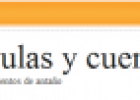
El gollete de botella
Tiching explorer Organización
- 1 lo usan
- 3349 visitas
Cuento tradicional escrito por Hans Christian Andersen, que a través de su lectura nos permite iniciarnos en el mundo de la literatura infantil popular. Se puede imprimir para leer en el lugar que lo…
-
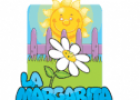
Ficha docente: ¡Qué llega la primavera!
Tiching explorer Organización
- 1 lo usan
- 3215 visitas
Ficha didáctica sobre la primavera y sus características. En la ficha tenemos el número secreto para ver la actividad (en el centro, a la izquierda de la pantalla, clicamos y nos lleva al enlace de…
-
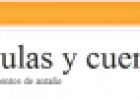
El duendecillo y la mujer
Tiching explorer Organización
- 1 lo usan
- 3169 visitas
Cuento tradicional escrito por Hans Christian Andersen, que a través de su lectura nos permite iniciarnos en el mundo de la literatura infantil popular. Se puede imprimir para leer en el lugar que lo…
-
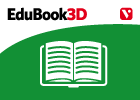
End-of-unit evaluation - The Middle Ages
EduBook Organización
- 2498 visitas
The Middle Ages began when the Roman Empire fell in 476. In 711, Muslim armies from North Africa conquered almost all of the Iberian Peninsula. They created a new state called Al-Andalus. In the north…
-
![Final self-evaluation 4. [...] | Recurso educativo 468848](//s.tiching.com/uploads/contents/2014/05/06/468848_1399363870_s.png)
Final self-evaluation 4. [...]
EduBook Organización
- 2467 visitas
What do the following concepts refer to?: The conquest by the Christian kingdoms of the lands in the Iberian Peninsula that had been occupied by the Muslims. Protective, heavily fortified area along the…
-
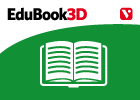
Unit 6: The Renaissance and the Reformation
EduBook Organización
- 2430 visitas
Catholic (n): a member of the Christian church under the authority of the Pope in Rome. courtier (n): a member of the royal court who gave advice or companionship to the monarch. doctrine (n): a set of…
-
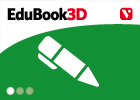
Answer. The resettlement of the conquered territories
EduBook Organización
- 2424 visitas
Remember what you have studied in this section and answer the questions: What was resettlement? What was the name of the document that gave settlers rights and privilieges in the conquered territory?…
-
Initial evaluation 01 - Ancient History
EduBook Organización
- 2362 visitas
Decide if these statements about Roman times are correct: The Romans were a people from Italy. ➝ The Iberian Peninsula was uninhabited when the Romans arrived. ➝ On the Iberian Peninsula people did…
-
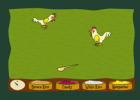
Game: Vitamin B1
Tiching explorer Organización
- 3234 visitas
This educational game and related reading are based on the 1929 Nobel Prize in Physiology or Medicine. Christian Eijkman pointed out that a substance in rice skin was missing from the diet of beriberi…
Te estamos redirigiendo a la ficha del libro...


![Initial evaluation 4. [...] | Recurso educativo 468790](http://s.tiching.com/uploads/contents/2014/05/06/468790_1399363789_s.png)




![Final self-evaluation 4. [...] | Recurso educativo 468848](http://s.tiching.com/uploads/contents/2014/05/06/468848_1399363870_s.png)





